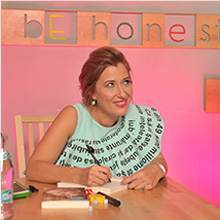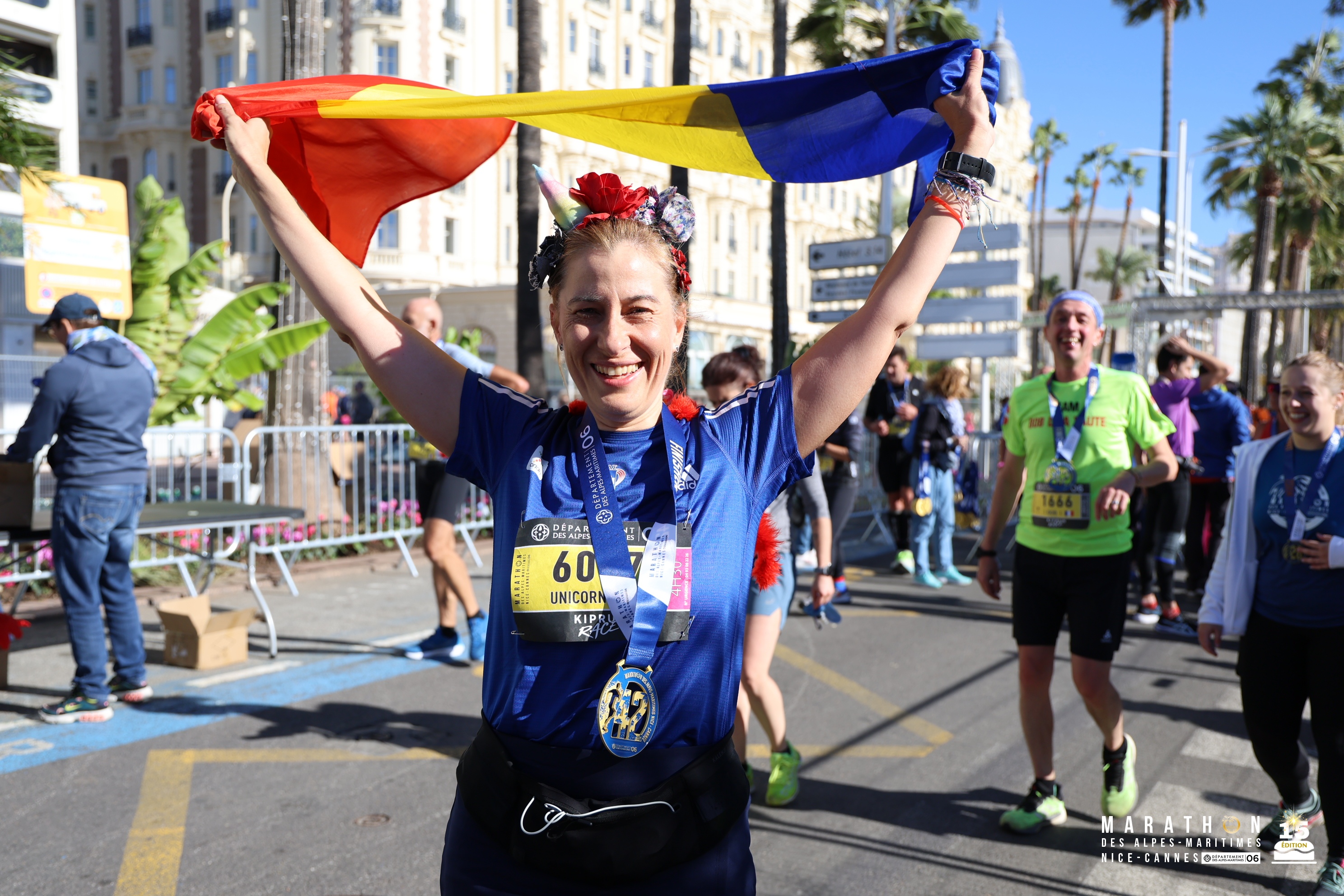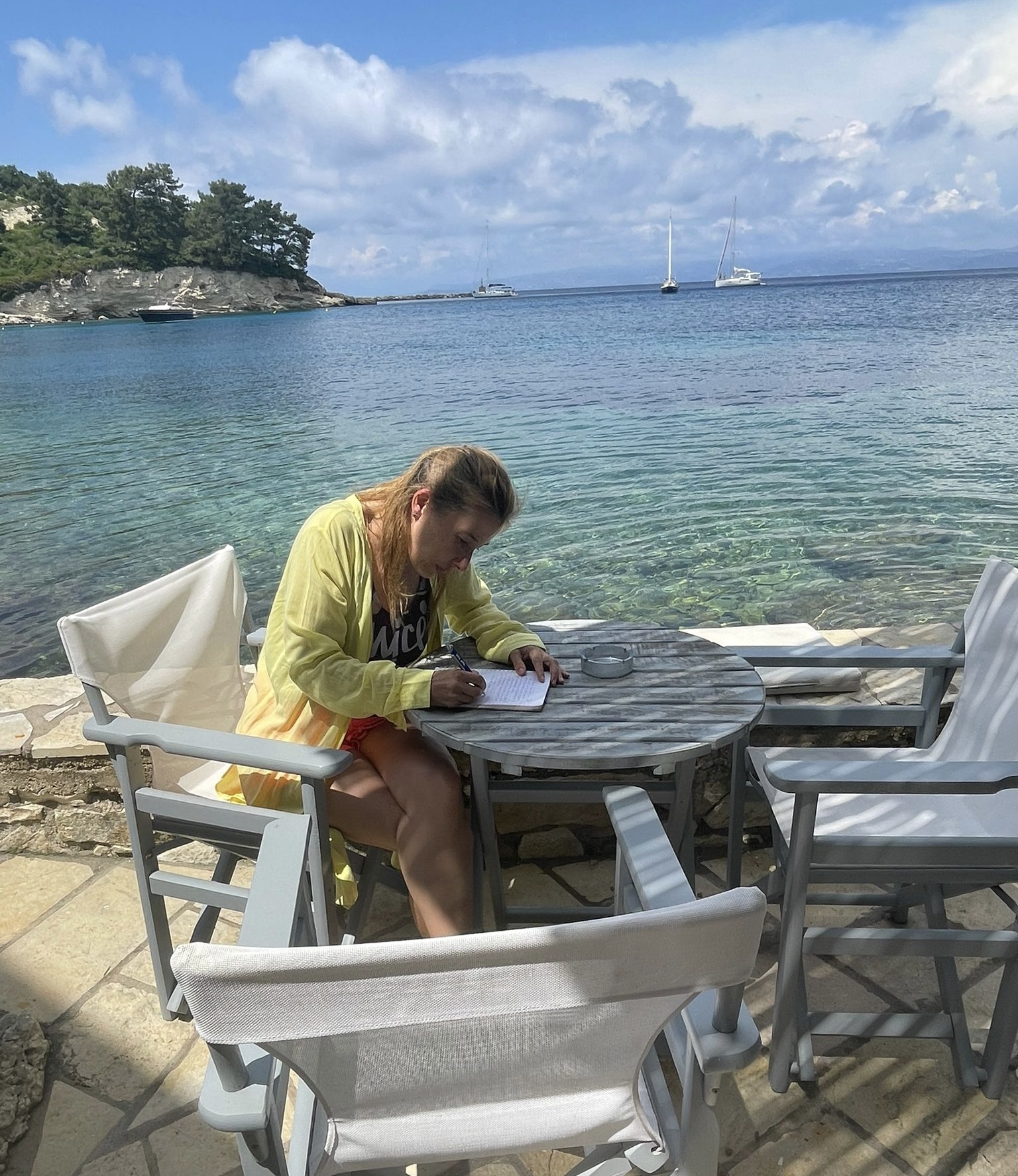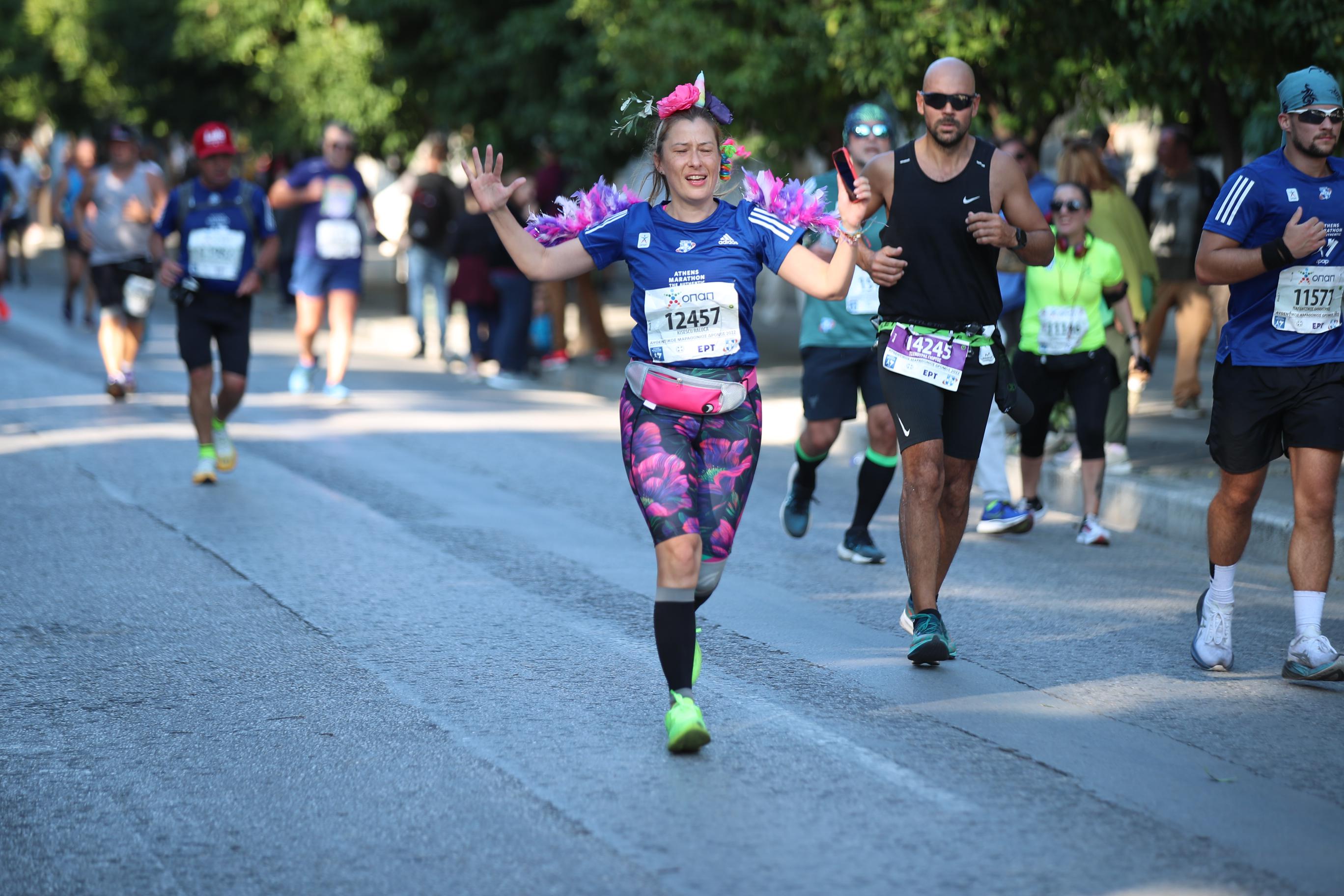How to achive work-life balance in your family

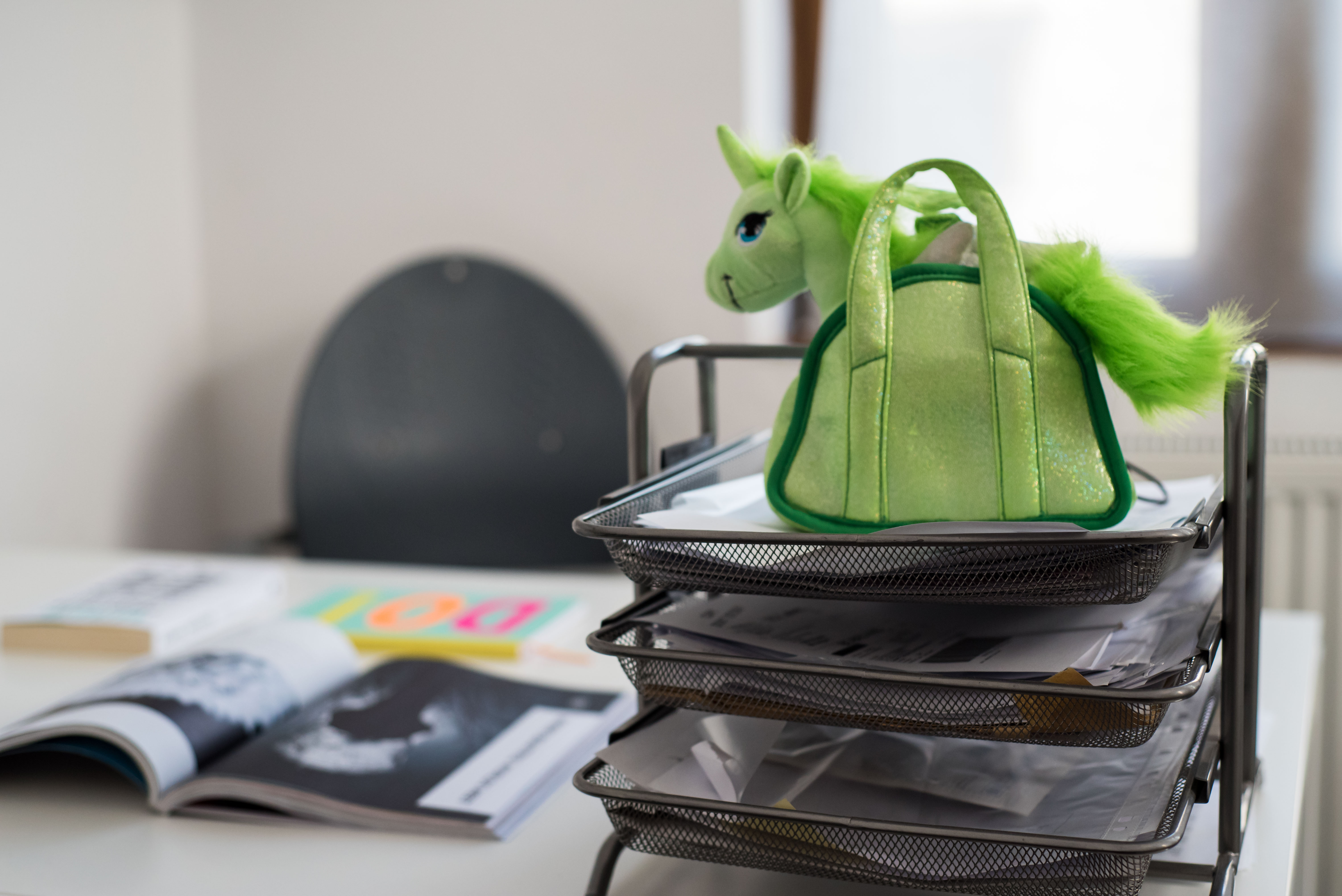
The concept of work-life balance emerged in the 70s, but it has recently become a much talked about topic in organisations because of its importance. According to Wikipedia, work-life balance is a state of equilibrium in which demands of personal life, professional life, and family life are equal.
Work-life balance has been on the HR agenda for the past years. Examples of work-life balance initiatives include flexible work system, family-friendly work environment, healthy work environment, trainings outside of the job, family support, etc . However, a dual concept like WORK and PERSONAL life has never been approached as a DUET or a family business.
With the current health situation and winter coming, imposed lockdowns, work from home and distant learning, the work-life balance is even more crucial (both adults and children are suffering from isolation).
1. What if we start by a common read, 50% for the family adults and 50% for the kids/teens?
A. Text for parents
Tara Westover did not have a birth certificate until she was 9 and her parents were against public education and healthcare, therefore she was homeschooled by her mother and an older brother was taught her to read. Still, she earned a Master's degree from the University of Cambridge at Trinity College and was a visiting fellow at Harvard University in 2010. She returned to Trinity College, Cambridge, where she earned a doctorate in intellectual history in 2014.
I watched her on Brand Minds Live event this fall and I found her answers to various questions coming from people - who read her memoir just like me - warm and practical.
- Knowing her background, I tend to believe her words: it is impossible to study and be curious if you do not have your basic needs met (she said she discovered this when she was in school, at arounf 17 years old for the first time in her life).
- She loved music and she wanted to learn about it, this is when she was told by people from her community that she should go to college for that.
- Tara said: I taught myself algebra (in order to pass her exams) because I liked to sing. So, this is my only advice for parents (as I am not a parent myself): encourage passions to your kids (even if you don’t find them career wise) because you will never know where they are going to take them to (using her example with music.)
- Tara’s memoir Educated (2018) debuted at #1 on The New York Times bestseller list and was a finalist for a number of national awards. It was ranked by the same magazine as one of the 10 Best Books of 2018. Because of her book, Westover was chosen by Time magazine as one of the 100 most influential people of 2019.
- It is based on 30 journals and journaling helps the writing.
- When talking about breaking bad patterns, love and compassion, Tara speaks about forgiveness in order to let go, reading, journaling, therapy if needed and points to the fact that mental health is just as important as physical health.
- As it comes to social media and kids, she is saying that whenever two people want to communicate, a third party called social media is trying to sell something.
- Education = curiosity + discovery. However, as long as one person does not have his/her basic needs fulifiled, he/she can not be curious, so take care of the risk of a social fraction
- Education after Covid: hopefully technology will help the access to better teachers, but in ithe same time it will (has already) reveal the problems in the current educational systems.
- “First find out what you are capable of, then decide who you are”. You do not necessarily need to be parents to slow down and look around your community to notice people, maybe you can help someone, just like Tara was helped by people from her community who had eyes to see beyond.
- Education requires a degree of boredom and focus, if you are constantly giving your attention to technology which in return will suck it up, you will have no more time for education.
- Loss of boredom = loss of creativity
Before you hand the text below to your kids/teens or help them read it in English, read it for yourself and check the print version of the magazine it refers to.
As long as we are unhappy with our kids’ attention to social media, let us direct them to valuable contet written for their age (8 to 14 years old or even older) in their language. From topics like how to move on from hurt, how not to feel a weirdo if you are quiet or how to fail safe, they will be prompted to the world of journalism.
B. Text for kids/teens
Teen Breathe is a magazine for teenagers and for those living in Romania, it can be found at Inmedio kiosks. “From social media to sport and making friends to making flowers or chocolate, we’ll have tips, exercises and ideas to help you explore how paying attention to everything you do, being curious and staying positive can bring out the very best of You – a person who’s comfortable and proud in their own skin, is open to ideas and follows their dreams.”
More on it here https://www.teenbreathe.co.uk/
In one of the latest issues, I found this interesting article named “Moving on from hurt”. The summary of it is below:
At any stage in life, we all do things that we later regret, be they breaking a promise not to share a friend’s secret, cheating in an exam, having fun with friends and destroying our house or our friend’s, or saying or posting unkind harsh comments. You can not take back what was done, but you can rebuild others’ trust in you, demonstrating it was an one-off mistake. It will take time, cause trust is hard to rebuild, but there are some steps for that:
a. assess the situation - try to see it from the perspective of those affected and understand why your actions were hurtful or innapropriate. Sometimes it can be helpful to speak with other friends or older family members
b. apologise - no matter how hard it may be to do it, owning up to your errors says a lot about who you are and others will respect you for it no matter how upset they are. If you feel uncomfortable to do it, practice it before you say it to the person or write a letter instead. Be sincere!
c. offer solutions - ask how you can repair the error and if the person affected says you can not, try to come with a solution in accordance with the error: a genuine promise not to break another one, retaking an exam or covering for a piece of destroyed furniture from your place or your friend’s. If you said unkind words to someone and were heard by others around, say sorry openly. Same rules apply for unkind social media comments.
d. think about your behaviour - take time to evaluate your bad behaviour and adjust it if it was not just one single incident of a kind. Sometimes, people behave in certain ways because they feel under pressure from friends or they are inclined to copy others’ behaviour.
e. be positive - one error of judgement does not make you a bad person. Thank people who helped, compliment them for their successes, impress them by achieving goals like taking good grades, being good at sports, learning a new skill. All these are ways to feel good while rebuilding the trust you lost.
f. use it as a learning eperience - think how you judge others who make similar errors now that you made them yourself and be more empathetic. Also have patience and determination to rebuild trust.
2. What if you want to apply with your company for a work-life balance common family project - by @Raluca Kisescu & Son and @RAA (Parents: Find Your Voice with @Virgil Ianțu, Storytelling with @Răzvan Exarhu, Improvisation with @Paul Ipate. Teens: Communicating and Convincing in English with Raluca Kișescu, Find Your Voice with @Virgil Ianțu)
Drop us a message.









